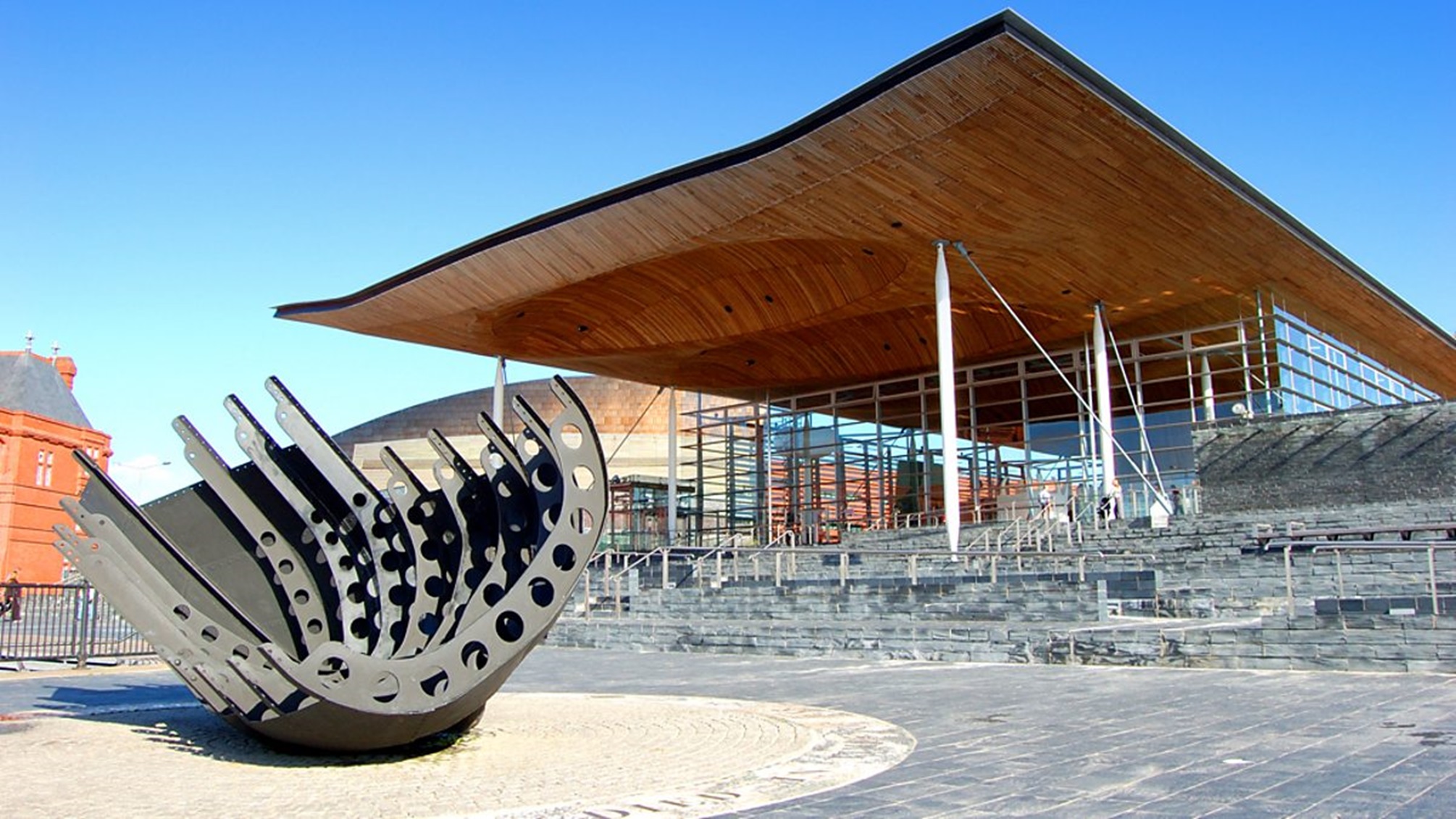Wales: Where Agenda 2030 is already a reality

Senedd Cymru
The Welsh Labour government appears to be intent on amassing a number of ‘firsts’ in policy making and post creation. Wales was the first country in the world to declare a ‘climate emergency’ (2019) and the first to appoint a Future Generations commissioner in the same year.
It was also the first country in the UK to introduce a Public Health Act (2017) and Public Health Wales was the first – and so far, only – health agency in the UK to collaborate with the World Health Organisation (an agency of the unelected United Nations).
The Environment (Air Quality and Soundscapes) (Wales) Bill 2023 proposes an obligation to introduce a national soundscapes strategy, making Wales the first UK nation to do this. The strategy must include policies for assessing and reducing levels of noise pollution.
Climate Change minister Julie James has said:
This will put the onus on Welsh Government to make policies that not only tackle unwanted noise, but also protect sounds that matter to people, like the relaxing calls of birdsong and nature or the welcoming hum of a vibrant town centre”.
Welsh Government has a consultation open until 2nd October 2023 and states on this consultation page that:
‘Noise, meaning unwanted or harmful sound, affects health and well-being in a number of ways, including sleep disturbance, annoyance, impacts on learning, decreased productivity, hearing loss and increased risk of cardiovascular disease. It can arise from a wide variety of human activities including domestic, commercial and transportation sources.’
This consultation page contains the following statement:-
In 2018, we published the Noise and Soundscape Action Plan 2018-2023(NSAP), which reframed noise policy in Wales in terms of the Well-being of Future Generations (Wales) Act 2015 (“the WFG Act”). It resulted in Wales being recognised as the first nation to include soundscapes in national policy, and it was referenced in the United Nations Environment Programme’s Frontiers 2022 report.’
Another pat on the back for Welsh Government by the United Nations?
The consultation questions are frankly too convoluted for the average person who won’t even have considered a ‘soundscape action plan’ a priority against the backdrop of the cost of living, NHS crisis, housing shortages and everything else. They include this question:
‘The Welsh Government expects public bodies subject to the WFG Act- and encourage everybody else – to follow the Five Ways of Working in that Act when carrying out activities that may affect soundscapes. The Five Ways of Working are:
- looking to the long term so that we do not compromise the ability of future generations to meet their own needs;
- taking an integrated approach;
- involving a diversity of the population in the decisions affecting them;
- working with others in a collaborative way to find shared sustainable solutions; and
- acting to prevent problems from occurring or getting worse.
What do you think this would look like in practice?
Can you give examples of how a public body in Wales might demonstrate all five ways of working when taking a decision that is likely to affect people’s sound environment?’
Really? This is more like an exam question than a gathering of public opinion; perhaps that is the objective – to put respondents completely off taking part. I urge everyone to participate in the consultation and to respond accordingly.
Again, the consultation page states:-
“The draft Plan covers new topics that have come to the fore within the last five years, such as issues around remote working, aural diversity, air source heat pumps, changes in speed limits, and fireworks. It also sets out what we have delivered over the last five years, such as noise mitigation works completed on the trunk road network.”
The Bill will also include amendments to existing legislation including Local Air Quality Management – to ensure that local authorities undertake an annual review of air quality. It will establish Smoke Control Areas and Clean Air Zones (think ULEZ).
Welsh Government’s 2018 Clean Air Zone Framework for Wales states (1.16) that ‘air pollution has been described as the largest environmental risk to public health in the UK’ and references this source.
The main outcomes for Particulate Matter air pollution are cardiovascular and respiratory disease. The latter makes sense, however the NHS website does not list PM air pollution amongst its risk factors for cardiovascular disease at all (and it was last reviewed in April 2022). How curious.
So, let us recap on forthcoming changes in Wales – decarbonising homes, ‘modal shift’ away from private vehicles, ‘fair’ road user charging, zero waste to landfill, a new ‘health intelligence system’, behavioural nudge techniques to effect ‘zero tolerance of unsustainable behaviour’ and Clean Air Zones.
Has there ever been change like this planned on this scale and in such a short space of time? Sounds like the Greatest Reset is planned here in Wales.
SUPPORT OFFGUARDIAN
If you enjoy OffG's content, please help us make our monthly fund-raising goal and keep the site alive.
For other ways to donate, including direct-transfer bank details click HERE.
Read the full article at the original website
References:
